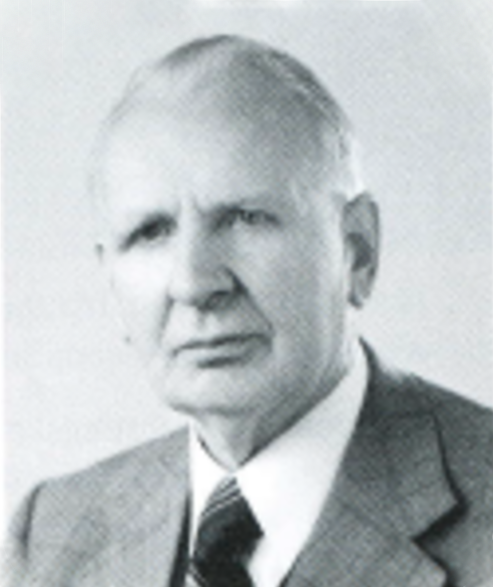Founding years
From Landsberg to Lippstadt
1945
The Russian army marched into Landsberg. Dr. Renius, provisional head of the DSV, rescued valuable breeding material and large quantities of seed to Lippstadt, the home of his parents-in-law.
He succeeded in re-founding the "Deutsche Saatveredelung GmbH" in Lippstadt on 16 September 1945.
New breeding gardens were established in Erpernburg/Wulfstal, today the district of Paderborn, and on the Schlüsselburg manor, Minden Westphalia.
He succeeded in re-founding the "Deutsche Saatveredelung GmbH" in Lippstadt on 16 September 1945.
New breeding gardens were established in Erpernburg/Wulfstal, today the district of Paderborn, and on the Schlüsselburg manor, Minden Westphalia.

Dr. Wilhelm Renius
By 1951, DSV achieved the status of "largest seed production company of forage plants in West Germany" with approx. 5,000 hectares of propagation area. DSV builds its own company buildings in Lippstadt.
The soils were poor in nutrients and commercial fertilisers were not available. Clover, as a nitrogen collector, was the driver of crop rotation. The interest in clover seeds was therefore great. In the years before the currency reform, up until 1948, clover seed was a better means of payment than the Reichsmark! Even machinery and farm inputs were exchanged for clover seed, so it was possible for the DSV to modernise and grow.
The stinging roller in the meadow grass in progress
The meadow swing mowing with binder
The “Kleereiber”, the latest and most important technical achievement of the post-war period
Flax on Reuter 1948
Seed cleaning
Seed storage
DSV Lippstadt sales office
Assistant Miss Schröder
